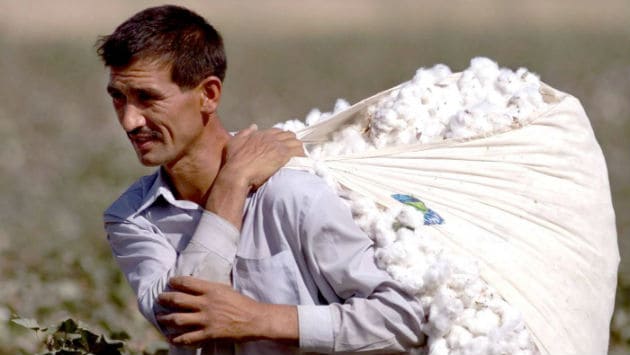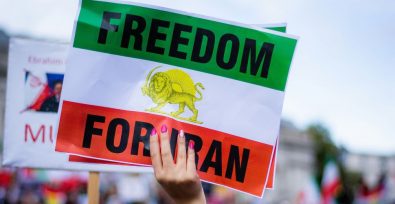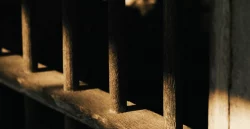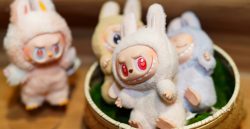Human rights groups say that in Uzbekistan, children and adults were being forced to pick cotton in an industry that is marred by expansive forced labor.
Since 2015 the government has forced students, teachers and doctors to plant and harvest cotton, preventing children from getting a complete education. In a recent report by Human Rights Watch and the Uzbek-German Forum for Human Rights, Jessica Evans a Human Rights researcher, says, “The quality of education at all levels is greatly undermined even when children aren’t sent out to work, because their teachers are sent out to work. Half the time the kids are left alone because there aren’t teachers in the room.”
Those who refused to work on cotton fields risked being fired, expelled from school or having their welfare payments slashed, the report said. In one irrigation project funded by the World Bank spanning an area where the government had agreed to prohibit forced and child labor, researchers found children as young as 13 working in fields as well as adults who had been coerced into working.
The World Bank has raised concerns, because it provided almost $700 million in loans to the Uzbek government for agriculture and water projects in 2015 and 2016. A spokesperson for the World Bank says, “The World Bank Group does not condone forced labor in any form and takes seriously reports of incidents in the cotton sector of Uzbekistan.”
Human rights groups say Uzbekistan is concealing a state-orchestrated forced labor system that underpins its position as the world’s fifth-largest cotton exporter. They cite regular arrests, intimidation and harassment of activists. This has sparked a global boycott almost 300 companies, including fashion giants such as Zara and Yves Saint Laurent, who pledged not to knowingly source Uzbek cotton until the government ends forced and child labor in the industry.
Because of the systemic nature of abuse in the Uzbek cotton industry, it is highly unlikely that any company sourcing a significant amount of cotton from Uzbekistan was free of forced labor in their supply chain.
In early 2017, the International Labor Organization (ILO), found that although Uzbekistan is making progress in eliminating child labor from its cotton industry, forced labor was still widespread. ILO monitoring did not find any instances of forced or child labor in projects supported by the World Bank.







Freedom United is interested in hearing from our community and welcomes relevant, informed comments, advice, and insights that advance the conversation around our campaigns and advocacy. We value inclusivity and respect within our community. To be approved, your comments should be civil.